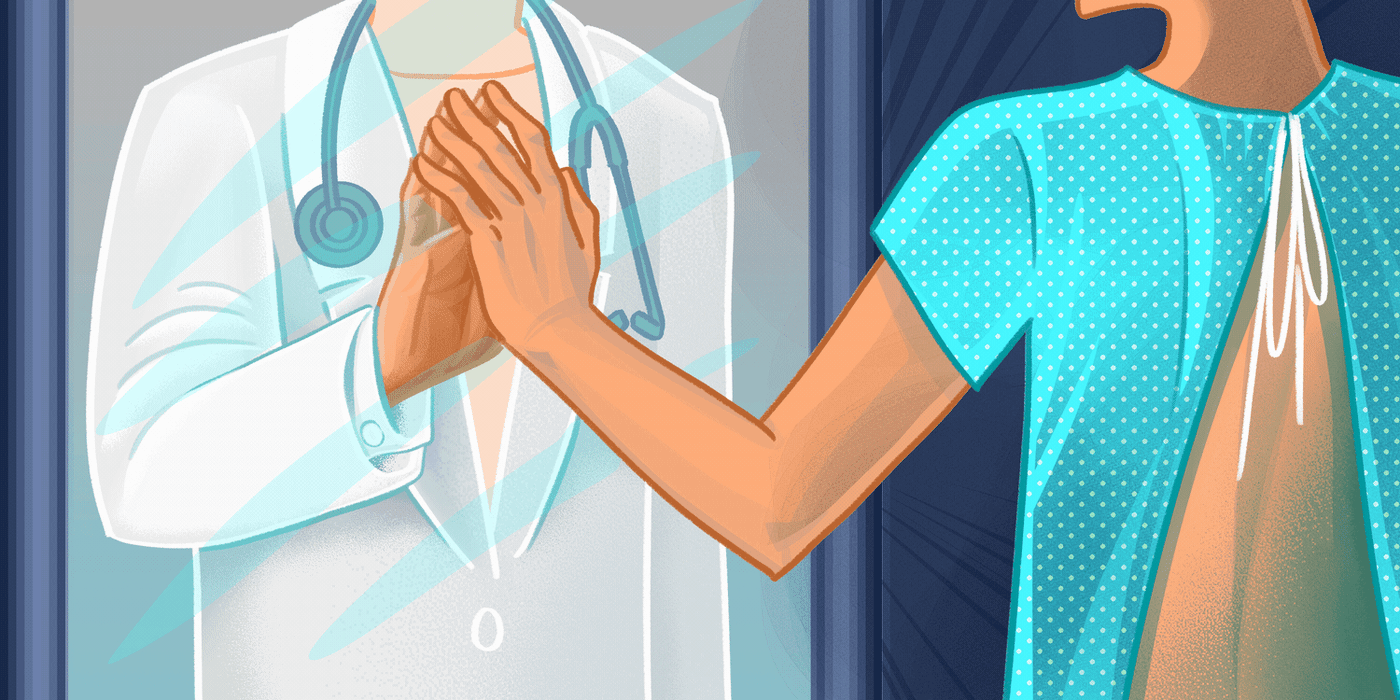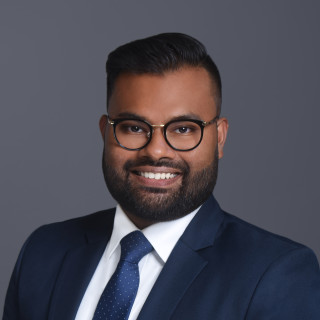Dear Mr. N.K.,
I am sorry for the unnecessary pain you endured on my behalf. Your diagnosis of metastatic esophageal and gastric cancer was devastating, one that crippled your confidence and faith in life and medicine. You grew mistrustful of a system overly focused on imaging, treatment options, and providing optimism in the face of despair. As the cancer ravaged your insides, spreading to your liver, pelvic bones, and the very lungs that breathed life, the hope that doctors had spoken of began to dwindle before you. As the primary tumor grew uncontrollably and relentlessly, you began to experience complications of an unwanted cancer, a suffering unlike anything you had endured previously. I watched your eyes pool with tears every morning on rounds with my interns and medical students as you shouted in agony in response to my questions.
“Mr. N.K., how is your pain this morning? Any nausea? Any vomiting? How is your appetite? When was your last bowel movement?” You returned the flurry of questions with short, temperamental answers filled with expletives. I ordered and forced upon you frequent abdominal X-rays and CT scans that showed a malignant bowel obstruction. I made the decision to stop all oral feedings, inserted a nasogastric tube, and watched the container beside you fill with bilious fluid. I pushed blood draws that resulted in multiple rounds of transfusions and electrolyte repletions. I played a cruel game trying to balance the narcotics you truly needed for your immense metastatic cancer pain while trying to limit the worsening of your obstruction. As I write this, I am realizing that I may have caused you more suffering and prolonged the inevitable end that you were desperately trying to get me to accept.
I am sorry for calling you difficult, for getting frustrated by your demeanor, and for failing to understand you. I grew annoyed with each passing day, as I withstood hurling insults and expletives. I failed to recognize that this was a cry for help from a dying man who was physically and mentally exhausted. I spent nights airing out my frustrations to family and friends, and I became discouraged by the prospect of having to see you again the next morning. I tried so hard to study your cancer and its complications that I forgot to truly see the patient behind the disease. As my resentment continued, I grew distant from what you were experiencing.
I am sorry for failing to listen to your rejections of treatment and care. As the obstruction worsened, the pain became unbearable, the nausea and vomiting were persistent, and the primitive human functions of eating and defecating became obsolete for you. As I explored the medicine around this, I pushed palliative stenting and enteral tube feeding, which took away the basic functions you desperately desired to experience. As you ripped out IV lines, refused blood draws, removed nasogastric tubes, and denied a nurse’s and doctor’s touch, I grew frustrated and less connected with the medicine I had loved since childhood. Your defiance was showing me that you had quit, and that it was time for me to stop playing doctor and start being a human being. In the final days leading up to your death, the role of doctor I had worked all my life to play superseded all priorities, and I truly forgot what it meant to be human. The dignity you sought after was impeded by my incessant desire to play the healer.
I am sorry for not delivering what you truly wanted during the final days of your life: vanilla ice cream on a warm June month. As the cancer raged within, you begged for it louder and more desperately. Those dry lips and blackened tongue craved the sweet, soft, and innocent sensation of a simple cup of ice cream. I failed to understand that your request came from a good place: acceptance of human mortality. Up to the very last second, I tried to save your life, but I was blind to your despair, suffering, and final wish to salvage humanity and dignity in the face of a destructive illness. It was not until your insides perforated, the scent of death filling the busy halls of our hospital, that I realized my failure as a physician, and more importantly, as a human being.
Your name, Mr. N.K., will forever be connected to the taste of the vanilla ice cream I eat on warm summer days. Your memory forever lives on, reminding me of the apology I never gave you. For everything I could not deliver in your final days, I am truly sorry.
What patient stories live on in your memory? Share your experiences in the comment section.
Kazi I. Ullah, MD, is a third-year internal medicine resident at Montefiore Medical Center in the Bronx, NY.
All names and identifying information have been modified to protect patient privacy.
Illustration by April Brust







